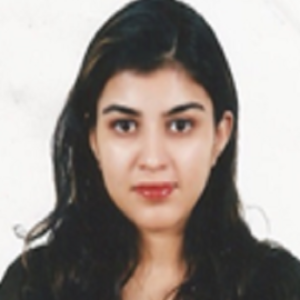Title : Normal MRI in patients with acute stroke is the best predictor of 90-day outcome
Abstract:
The aim of our study was to evaluate the usefulness of MRI in patients presenting with a suspected diagnosis of acute stroke. We admitted 4400 patients with the diagnosis of acute stroke between Jan 2014 and June 2017 at Hamad Medical Corporation. A total of 2880 patients underwent 3T MRI within 48 hours of admission. Patients were assessed for demographics, risk factors, clinical features, severity of stroke and outcome. We found that Ischemic stroke was diagnosed in 65.4% (1885/2880) including lacunar strokes 44.1% (831), cortical strokes 26.6% (502), and posterior circulation stroke 29.3% (552). Normal MRI was found in 5.4% (n=101) in patients with confirmed ischemic stroke. Normal MRI was more frequent in lacunar strokes compared to posterior circulation or cortical strokes (62.4%, 24.8% and 12.9%, p<0.0001). Abnormal MRI was significantly higher patients with diabetes (55.5% vs 43.6%, p=0.019), dyslipidemia (54.9% vs 43.6%, p= 0.026), higher systolic blood pressure at arrival (157.8 vs151.7 mmHg, p=0.047), higher admitting NIHSS (5.21 vs 3.43, p<0.0001), higher Hba1c on (7.5% vs 6.9%, p=0.021) and higher serum cholesterol (5.06 vs 4.62, p=0.002). Patients with normal MRI were found to have better 90-day prognosis (mRS 0-2) as compared to patients with abnormal MRI on admission (68.3% vs 53.0%, p=0.003). After excluding mimics and TIAs, 5.4 % of patients with acute ischemic stroke have normal MRI. These patients have lower NIHSS, are more likely to have lacunar stroke and have a significantly better prognosis.




